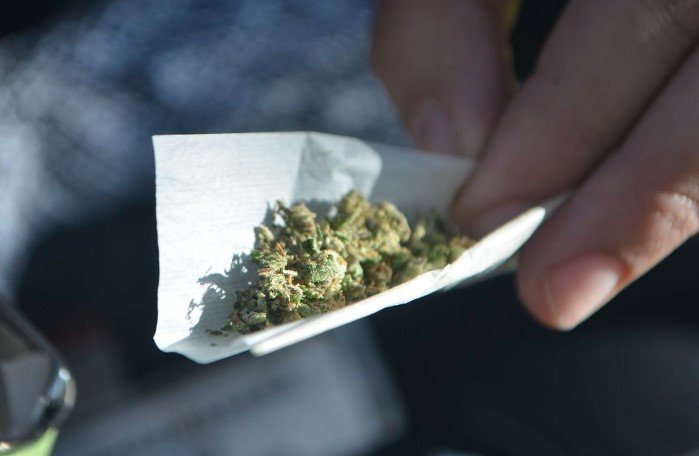California lawmakers have introduced a new bill that could have a major impact on the state’s hemp and cannabis industries. The bill, AB-2223, aims to allow cannabis operators to use hemp and its derivatives, restrict the use of converted delta-9 THC, and establish standards for hemp food and beverages. The bill, if passed, would also require the state to adopt regulations for these changes by July 1, 2025.

Hemp Products Could Enter the Cannabis Market
One of the most significant changes proposed by AB-2223 is to allow cannabis manufacturers and other licensees to use industrial hemp or its derivatives in their products, as long as they comply with all the legal requirements for cannabis products, such as testing, labeling, and tracking. Currently, cannabis operators are prohibited from using hemp or its derivatives, which limits their ability to offer a variety of products to consumers.
The bill would also allow cannabis operators to procure hemp or its derivatives from registered persons, including potential out-of-state suppliers, and eventually obtain a registration from the California Department of Public Health (CDPH) at the same premises. This would create more opportunities for collaboration and innovation between the hemp and cannabis industries, as well as increase the availability and diversity of hemp-derived products on the market.
Converted Delta-9 THC Would Be Banned
Another major change proposed by AB-2223 is to ban the use of delta-9 THC, which has been converted from a hemp-derived cannabinoid such as CBD or CBG. The bill would also prohibit retailers from selling any products that contain converted delta-9 THC, whether they are cannabis, hemp, or otherwise.
The bill defines “converted delta-9 THC” as delta-9 THC that is derived from a chemical reaction that changes the molecular structure of any substance separated or extracted from the cannabis plant. The bill excludes naturally occurring substances that are separated or extracted by a chemical or mechanical process, as long as they do not change molecular structure.
The bill aims to address the growing popularity and controversy of products that contain delta-8 THC, a psychoactive cannabinoid that is derived from hemp and is less potent than delta-9 THC. Delta-8 THC products are widely available in many states, including California, where they are sold as hemp products and are not subject to the same regulations as cannabis products. However, some critics argue that delta-8 THC products are unsafe, unregulated, and potentially illegal under federal law.
Hemp Food and Beverages Would Have New Standards
The third major change proposed by AB-2223 is to establish new standards for hemp food and beverages, including dietary supplements, cosmetics, and processed pet food. The bill would allow for the inclusion of hemp and cannabinoids, such as CBD, in these products, as long as they contain less than 0.3% THC and meet other requirements.
The bill would also regulate the serving size and number of servings per package of hemp food and beverages, as well as define hemp dietary supplements, such as pills, tablets, and capsules. The bill would also require the CDPH to adopt regulations for the labeling, testing, and safety of hemp food and beverages by July 1, 2025.
The bill would bring California in line with the federal law, which legalized hemp and its derivatives under the 2018 Farm Bill, and with other states, such as Colorado and Oregon, that have already enacted laws to regulate hemp food and beverages. The bill would also provide clarity and certainty for the hemp industry, which has been operating in a legal gray area in California, where hemp products are not explicitly authorized or prohibited.
The Future of Hemp and Cannabis in California
The bill, AB-2223, is still in its early stages and could undergo significant changes as it moves through the legislative process. The bill could face opposition from some stakeholders, such as cannabis operators who may not want to compete with hemp products or hemp producers who may not want to comply with cannabis regulations. The bill could also face legal challenges, such as from the federal government, which still considers delta-9 THC a controlled substance, regardless of its source.
However, the bill could also have positive effects on the hemp and cannabis industries, such as creating more opportunities for innovation, collaboration, and consumer choice, as well as ensuring the quality and safety of hemp and cannabis products. The bill could also reflect the changing attitudes and preferences of consumers, who are increasingly interested in hemp and cannabis products for various purposes, such as wellness, recreation, or medical use.
The bill, if passed, could mark a new era for the hemp and cannabis industries in California, which is already the largest legal cannabis market in the world, with $5.9 billion in combined medical and recreational sales in 2023. The bill could also set an example for other states, which may follow suit and adopt similar regulations for hemp and cannabis products.
